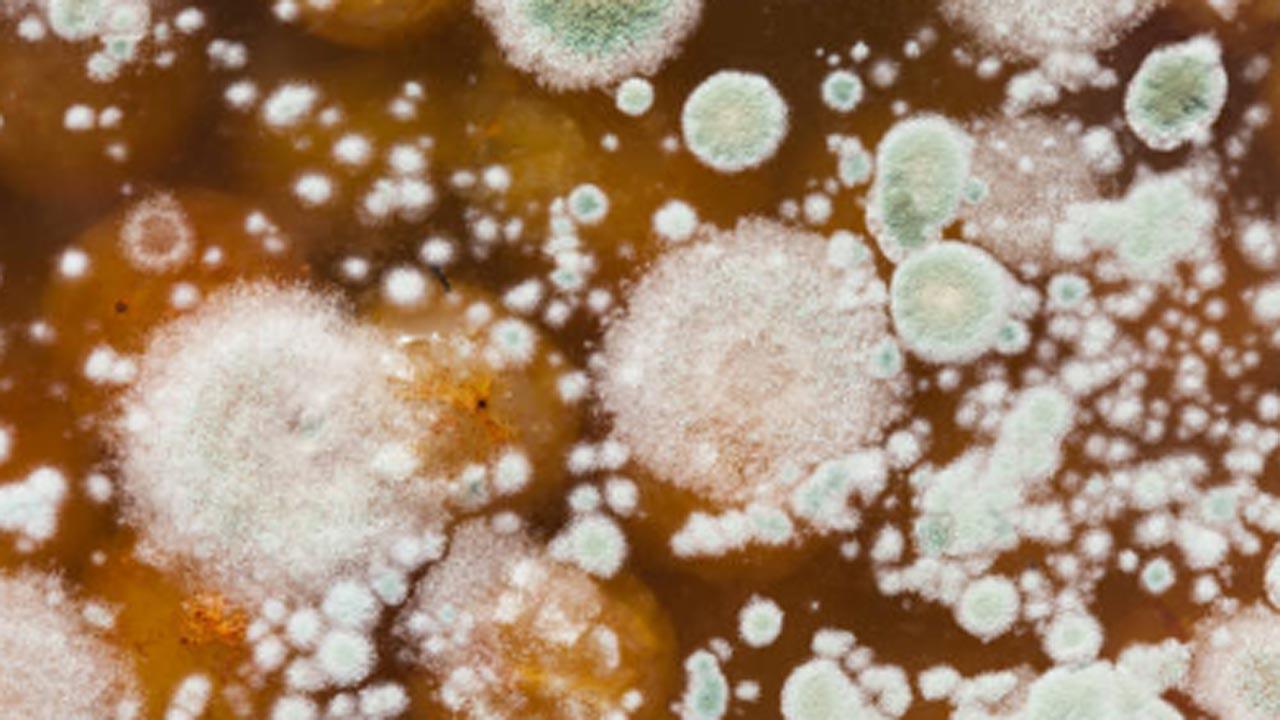The study provides a valuable resource, namely a comprehensive catalogue of variants, selection signatures, and drivers of drug resistance

Image for representational purpose only. Photo Courtesy: istock
A team of researchers has identified hundreds of genes subject to recent, clinically-relevant selection in six species of the fungal pathogen Candida.
ADVERTISEMENT
Global fungal infections, which affect one billion people and cause 1.5 million deaths each year, are on the rise due to the increasing number of medical treatments that heighten vulnerability.
Patients undergoing chemotherapy or immunosuppressive treatments after organ transplant often present compromised immune systems.
Given the emergence of resistant strains, the limited variety of current antifungal drugs as well as their cost and side effects, the treatment of these infections is challenging and brings about an urgent need for more effective treatments.
In this context, the team from the Institute for Research in Biomedicine (IRB Barcelona) and the Barcelona Supercomputing Center - Centro Nacional de Supercomputacion (BSC-CNS), led by the ICREA researcher Dr Toni Gabaldon, identified hundreds of genes in the study published in the journal Nature Microbiology.
“This work highlights how these pathogens adapted to humans and antifungal drugs and provides valuable knowledge that could lead to better treatments for Candida infections,” explained Dr Gabaldon, head of the Comparative Genomics lab at IRB Barcelona and the BSC.
Building on previous work addressing drug-resistant strains, the researchers conducted a Genome-Wide Association Study (GWAS) to identify genetic variants linked to antifungal drug resistance in clinical isolates.
“Additionally, a concerning finding has arisen from the study: the potential spread of resistance through mating between susceptible and resistant strains, contributing to the prevalence of drug-resistant Candida pathogens,” explained Dr Miquel Angel Schikora-Tamarit, a postdoctoral researcher in the same lab and first author of the study.
In addition, by focusing on variants acquired recently among clinical strains, the researches detected shared and species-specific genetic signatures of recent selection that inform on which adaptations might be needed to thrive and spread in human-related environments.
The study provides a valuable resource, namely a comprehensive catalogue of variants, selection signatures, and drivers of drug resistance.
“This knowledge not only contributes to our understanding of these infections but also lays the groundwork for future experiments and potential advancements in the development of more effective treatments for Candida infections,” said the authors.
This story has been sourced from a third party syndicated feed, agencies. Mid-day accepts no responsibility or liability for its dependability, trustworthiness, reliability and data of the text. Mid-day management/mid-day.com reserves the sole right to alter, delete or remove (without notice) the content in its absolute discretion for any reason whatsoever
 Subscribe today by clicking the link and stay updated with the latest news!" Click here!
Subscribe today by clicking the link and stay updated with the latest news!" Click here!







